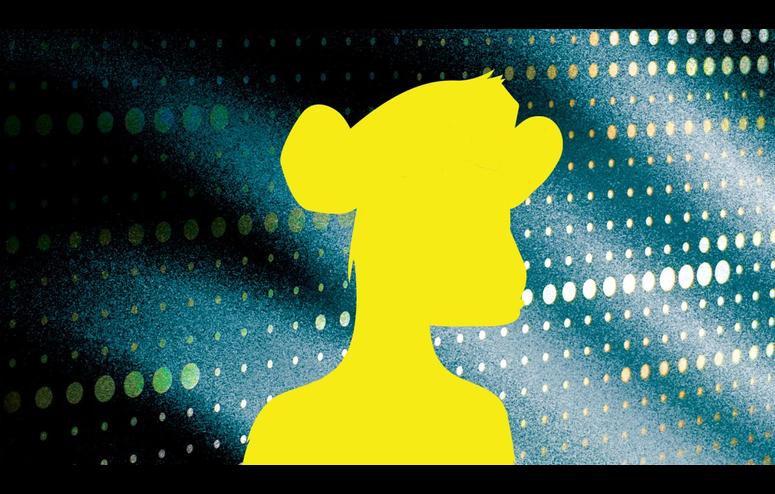Yuga Labs backer blames speculators for BAYC crash
TL;DR Last week, prices for Bored Ape Yacht Club (BAYC) NFTs reached a new low point not seen since late 2021. One investor blames traders and the influence of Blur, the Paradigm-backed platform built for pro traders, which now accounts for 66% of all NFT volumes. Lior Messika, who runs crypto venture firm Eden Block, suggests that Yuga Labs should react to the price pressure by shipping more NFTs.

Last week was one of the worst on record for holders of Bored Ape Yacht Club NFTs, with prices reaching a low point not seen since late 2021. One investor in BAYC creator Yuga Labs, the $4 billion startup, blames traders.
BAYC’s floor price — the price of the cheapest item in an NFT collection — dropped below 34 ETH ($64,000) for the first time since November 2021, according to The Block Research data. That coincided with a period of heavy selling.
Some attributed the crash to the actions of rapper-turned-NFT enthusiast Jeffrey Huang, otherwise known as Machi Big Brother, who suddenly offloaded 50 apes. Huang has recently drawn the ire of crypto Twitter over suing blockchain sleuth ZachXBT for defamation.
But Lior Messika, who runs crypto venture firm and Yuga Labs-backer Eden Block, sees rife speculation as the bigger driver of the decline in BAYC prices.
“The NFT market of today rewards traders and speculators, not builders utilizing the underlying IP in creative and valuable ways,” said Messika, whose fund recently hired the former CEO of Goldman Sachs in Israel. He added that NFTs are highly risky assets and often “first to suffer” in volatile markets.
Blur’s impact on the market
A driving force behind that shift in dynamic is Blur, the Paradigm-backed platform built for pro traders. Since October last year, Blur has dominated an otherwise suppressed NFT market — today accounting for 66% of volumes, compared with OpenSea’s measly 10%, according to The Block Research data.
“Some will blame Blur and some will blame the lack of royalties, but the situation is simple: a trader’s market is repricing the cultural and utilitarian aspects of BAYC, and that situation won’t change — not until new capital enters the NFT space (and the BAYC collection) for the right reasons,” Messika said.
He added that where once NFT whales identified as “collectors,” they are increasingly branding themselves as traders or even “Blur farmers” — a reference to the rewards customers can earn in the platform’s token.
“Sadly, the market is now dictated by the fear and greed of a few traders, and collectors across the space are struggling to find footing in this new reality,” Messika added.
At its all-time high a little over a year ago, BAYC’s floor price stood at 128 ETH ($240,000), with individual items selling for millions of dollars. Messika thinks Yuga is unlikely to do much in response to recent price pressure, however.
“Yuga’s building a place for those collections and underlying communities to grow through utility and unique experiences. I believe that in the long term, this approach will lead to the best outcome for their collections as they expand their market. The best thing that Yuga can do to react to negative price movement is simply ship,” he added.
Yuga Labs did not immediately respond to a request for comment.
